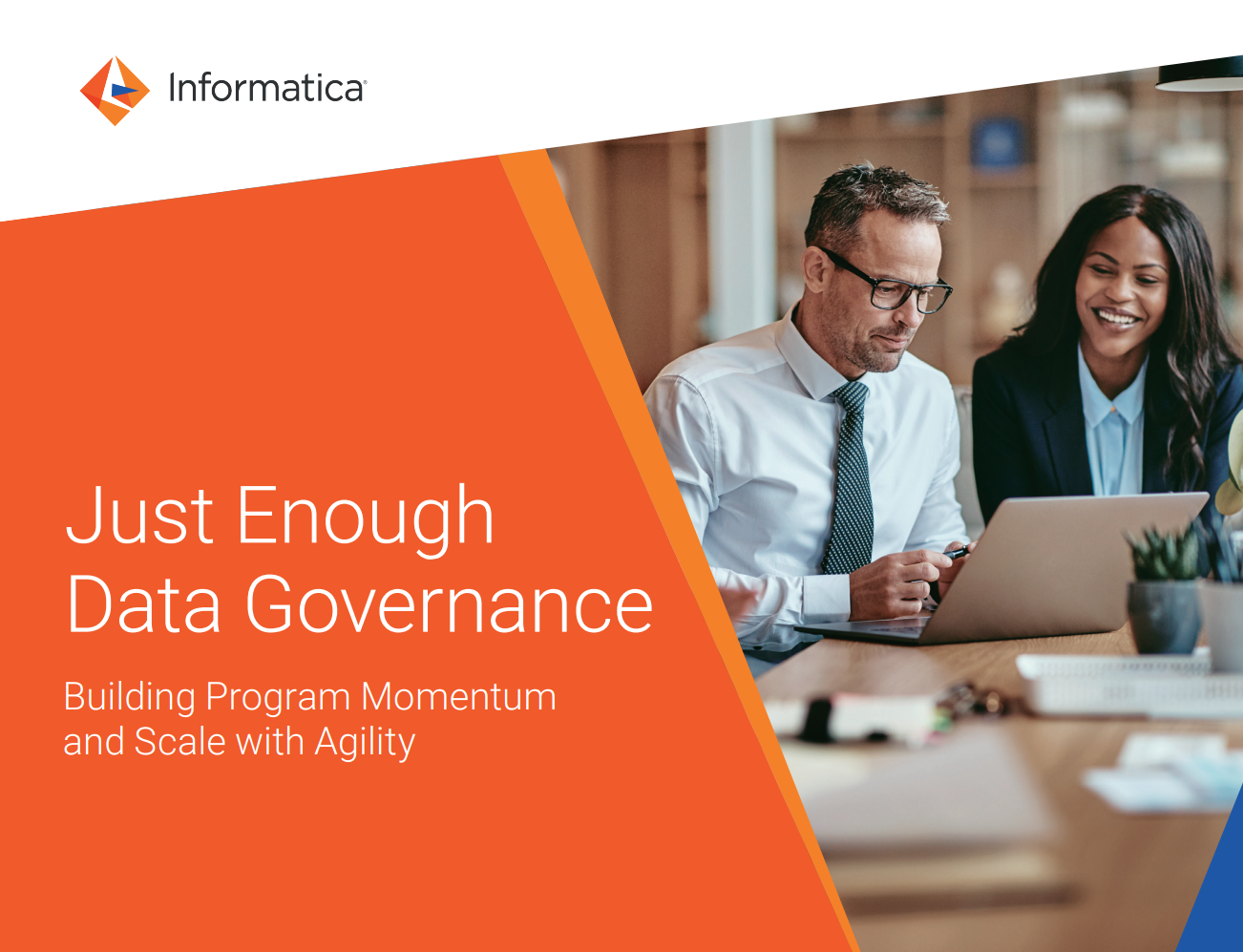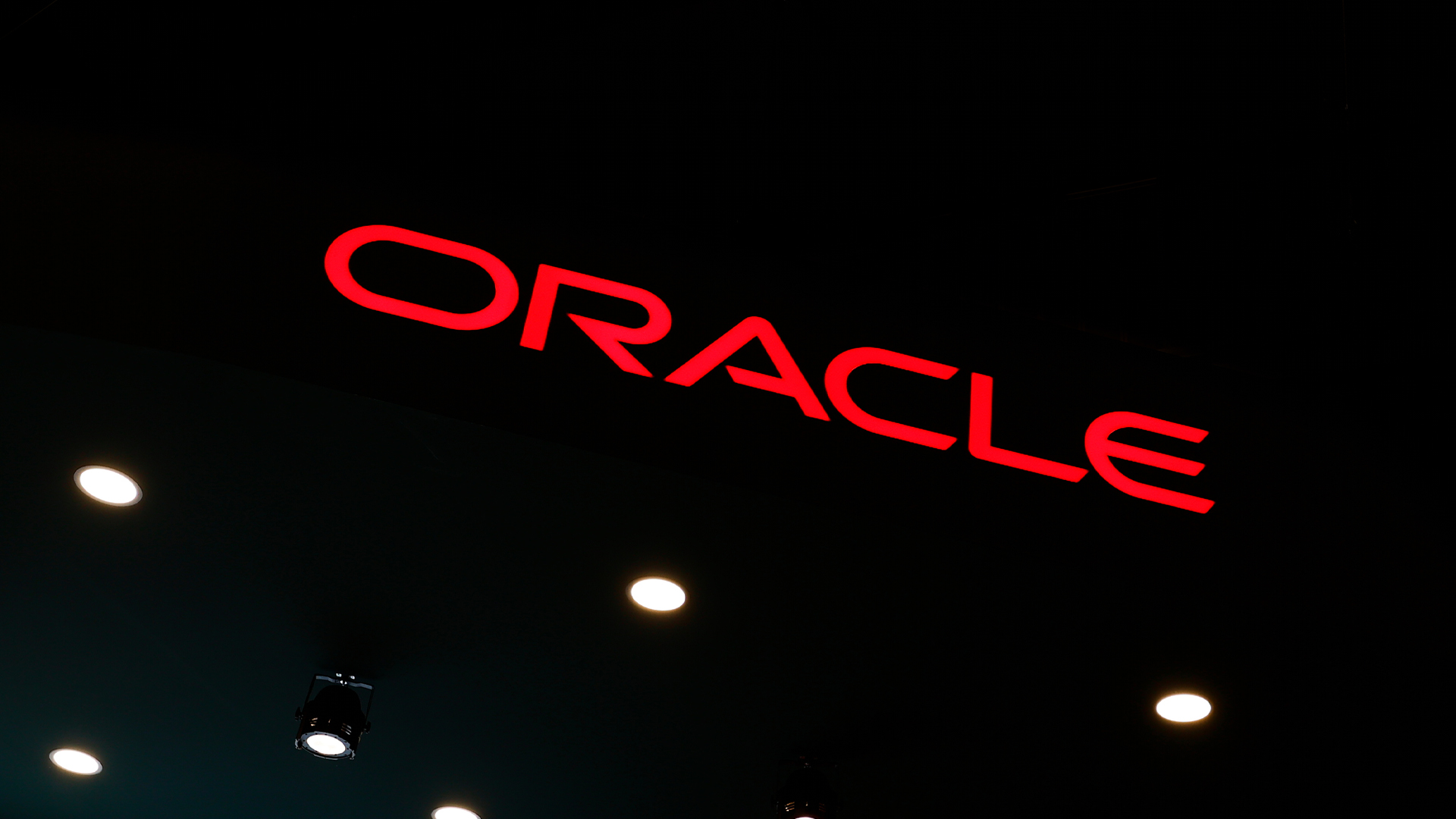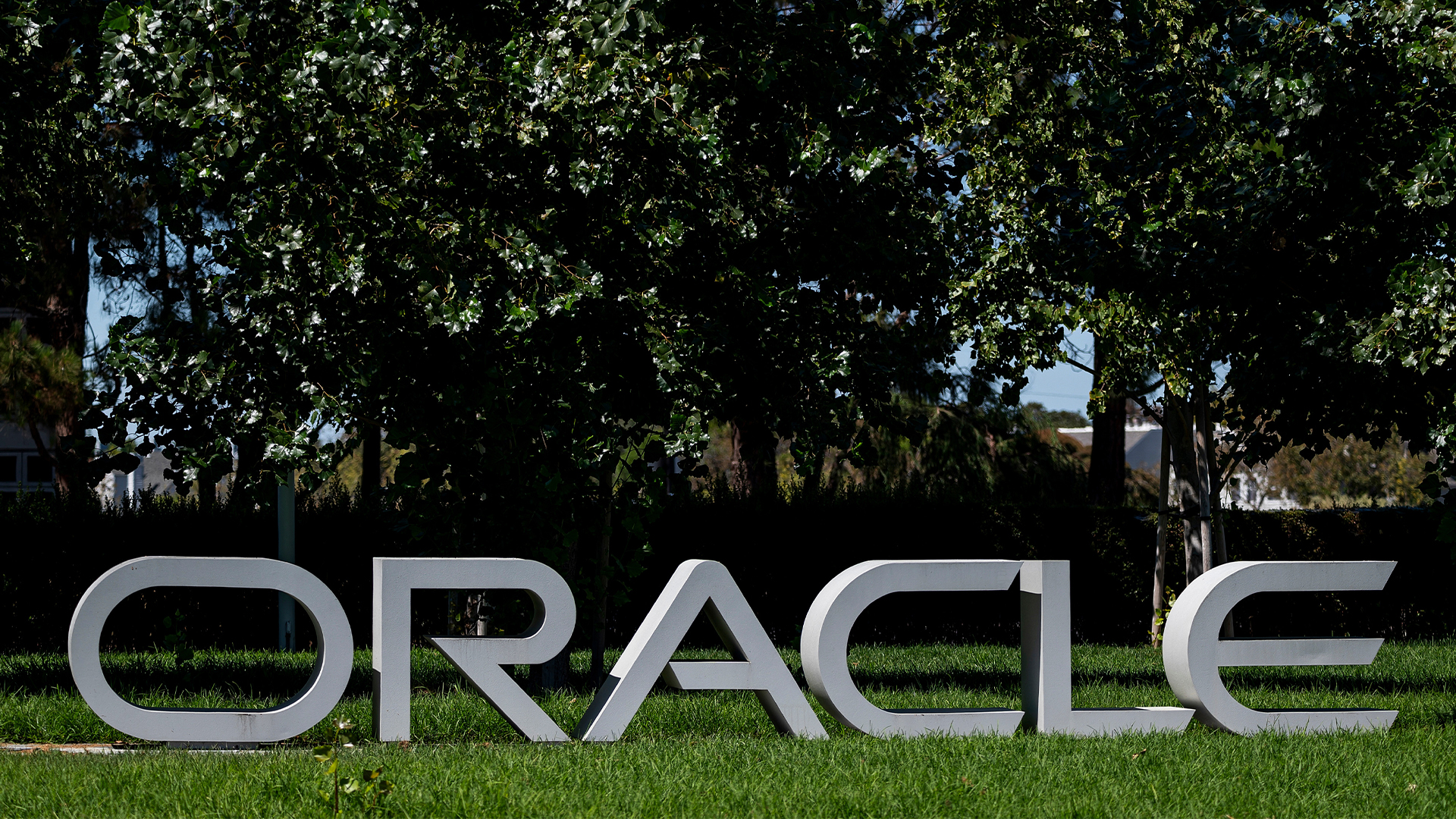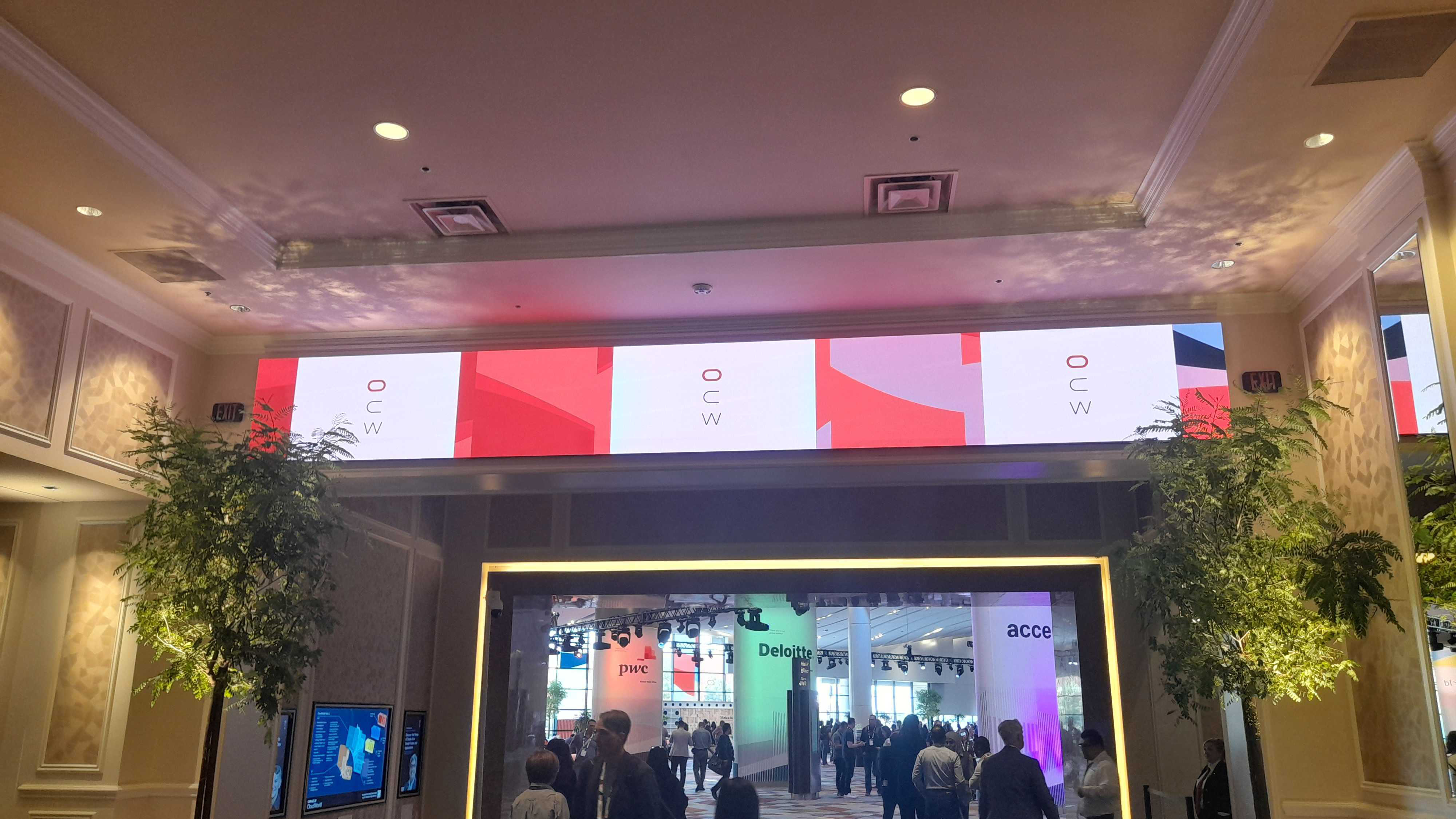NetSuite champions product ‘Suiteness’, continues international expansion
Ease of onboarding and the challenges of international regulatory changes are key to the company’s strategy for the future


The second full day of Oracle NetSuite’s annual SuiteWorld conference focused heavily on the solutions the company sees as unique to its brand, and continued the emphasis on automation established at the conference thus far.
If the first keynote riffed off the conference’s slogan to embody the company mission — ‘Full Suite Ahead’, referring to customer adoption of the full suite capabilities — the second relied heavily on an in-company term, ‘Suiteness’. In short, this was defined as NetSuite’s USP, the quality of life features that customers can only enjoy as a result of its cross-solution integration.
RELATED RESOURCE

The term was touched upon throughout the various announcements, including that customers will soon be able to enjoy integration between their NetSuite accounts and other business cornerstones such as Microsoft Office and Google Sheets. the regulatory focus of its global expansion.
In one demonstration of what the company sees as its unique offering, Gary Wiessinger, SVP product management, NetSuite, showed NetSuite’s solution for the task of reviewing 70 separate invoices. Using machine learning (ML) rules and the review history that the system has learned from previous user actions, NetSuite filters the list to only include those that require manual review. In-line, through context options, the user is able to assign a review to a relevant employee.
The system also leverages artificial intelligence (AI) to suggest an email template for a customer that it has identified as being slow to pay its invoice, shifting the tone of the payment request in the proposed email to speed the process up. The same automated system was later shown detecting delayed order shipments, and producing a mass-email to all affected customers.
“So, Suiteness intelligence and automation enables you to be more proactive and better serve your customers,” noted Wiessinger.
IT Pro spoke to James Chisham, VP international product at Oracle NetSuite, for a deeper definition ‘Suiteness’.
Get the ITPro daily newsletter
Sign up today and you will receive a free copy of our Future Focus 2025 report - the leading guidance on AI, cybersecurity and other IT challenges as per 700+ senior executives
“We do lots of things, we're a broad ERP suite,” said Chisham.
“But what we want our customers to understand is the value of it being in one place. So how do those parts work in conjunction with each other to help you run your business? I think that's the thing.”
Beyond expanding end-to-end services for its existing customers, NetSuite has outlined a commitment to growing services for new customers, and improving the initial setup experience through pre-built automation presets and by promoting no code development.
“We're leveraging intelligence automation and Suiteness to make the suite more proactive, finding problems before you do,” stated Wiessinger.
“We're also extending our concept of end-to-end ease even further, to include ease of activation. Setting up the product shouldn't be a big monolithic effort you need to do entirely before you start using the product. We’re creating the concept of progressive setup.”
“So you’ll only need to do minimal setup before starting to use the product, and then you can gradually iterate the setup as you use it. And inline sets of assistance will allow you to configure the product right in context, as you work.”
In part to increase its customer base, and also in an attempt to better serve its current customer, NetSuite is looking to expand its supported regions. Human resources (HR) solution SuitePeople is now available in the UK and Ireland, and is coming soon to Japan, and regionalisation of tax services and contextual insights will soon be available in Brazil.
The latter demonstrates the lengths that the company is going to on its mission to automate the back office: though users may never see the individual calculations, Wiessinger claimed that over 20,000 of them can be involved in processes such as tabulating the correct regional tax codes.
“I think one of the biggest challenges for customers that will affect us as well, is compliance regulatory changes. That’s been happening at a rate that I've not seen for many years, and they’re the sort of things that, obviously, keep customers awake at night,” asserted Chisham.
“If we take Brazil as an example, it's one of the most complex jurisdictions on the planet and it changes very quickly. So the capability that we've announced today is going to take a lot of pain away for our customers.”
UK businesses, eyeing up potential IR35 changes and the government’s proposed Digital Reform Bill, could lose out on key NetSuite services such as proper tax automation if the company failed to quickly adapt to legislative changes.
Elham Ghassemzadeh, VP product management SuiteCloud Platform, spoke more on the technical aspects of NetSuite’s expansion. In particular, she asserted that the data centre and cloud infrastructure available to the company as a subsidiary of Oracle is instrumental to its end-to-end suite services.
“We have access to the wealth of Oracle technologies here at Oracle Cloud Infrastructure and OCI is at the heart of it all. Not only does OCI give us the essential functionality we need to run our service, it also enables us to take intelligence to the next level.
“We can now mine very difficult to see and powerful insights, and optimise the NetSuite application in new ways. And we are bringing all of that intelligence to you. We are entering new geographies faster than ever before with OCI. In fact, for the very first time, we are running in Japan.
“Later this year, we plan to go to the Netherlands and Wales, realigning our European and UK presence as Brexit redefines and changes data residency requirements. Next year, we plan to be in Canada. In fact, in the last 12 months, we've added 11 new data centres, in five new cities all around the world and the majority of our customers run on OCI now.”
Ghassemzadeh also praised SuiteScript, NetSuite’s Javascript platform, and its role in powering APIs that customers increasingly rely on to improve their efficiency.
“Data is everything. Our integration APIs manage a massive amount of data movements across our ecosystem and our latest APIs are used by thousands of customers. In fact, we are seeing a 133% usage increase of the rest APIs across our customer base year over year.”

Rory Bathgate is Features and Multimedia Editor at ITPro, overseeing all in-depth content and case studies. He can also be found co-hosting the ITPro Podcast with Jane McCallion, swapping a keyboard for a microphone to discuss the latest learnings with thought leaders from across the tech sector.
In his free time, Rory enjoys photography, video editing, and good science fiction. After graduating from the University of Kent with a BA in English and American Literature, Rory undertook an MA in Eighteenth-Century Studies at King’s College London. He joined ITPro in 2022 as a graduate, following four years in student journalism. You can contact Rory at rory.bathgate@futurenet.com or on LinkedIn.
-
 How the UK MoJ achieved secure networks for prisons and offices with Palo Alto Networks
How the UK MoJ achieved secure networks for prisons and offices with Palo Alto NetworksCase study Adopting zero trust is a necessity when your own users are trying to launch cyber attacks
By Rory Bathgate
-
 Putting small language models under the microscope
Putting small language models under the microscopeITPro Podcast The benefits of small language models are undeniable – but they're no silver bullet
By Rory Bathgate
-
 Say goodbye to walled gardens, Oracle is doubling down on multi-cloud
Say goodbye to walled gardens, Oracle is doubling down on multi-cloudNews Oracle is still focused heavily on driving multi-cloud adoption, doubling down on a message that came out of Oracle CloudWorld 2024 in Las Vegas a few months ago.
By George Fitzmaurice
-
 The business value of Dell PowerStore
The business value of Dell PowerStoreWhitepaper High-performance storage that can improve performance and reduce operational costs
By ITPro
-
 SAP launches sovereign cloud service for UK customers
SAP launches sovereign cloud service for UK customersNews The move makes SAP the latest to roll out a sovereign cloud service for UK customers
By George Fitzmaurice
-
 Sovereign cloud demand is “truly global” according to Oracle — and the company is well placed to capitalize on it
Sovereign cloud demand is “truly global” according to Oracle — and the company is well placed to capitalize on itNews Oracle has been at the forefront of sovereign cloud buzz and is keen to offer customers tools to make it happen
By George Fitzmaurice
-
 ‘Many of our long-time rivals are now our partners’: Why Oracle is doubling down on multi-cloud
‘Many of our long-time rivals are now our partners’: Why Oracle is doubling down on multi-cloudAnalysis The firm is focusing heavily on integration with other major cloud providers to drive multi-cloud adoption for customers
By George Fitzmaurice
-
 Oracle CloudWorld 2024 live: All the news and updates from day-two
Oracle CloudWorld 2024 live: All the news and updates from day-twoLive Blog It’s day-two at Oracle CloudWorld 2024 - Stay up to date with all the news and announcements at Oracle CloudWorld 2024 in our live coverage from Las Vegas
By George Fitzmaurice
-
 SuiteWorld 2024 live: All the news and updates as they happen
SuiteWorld 2024 live: All the news and updates as they happenLive Blog ITPro is live on the ground in Las Vegas today for Oracle SuiteWorld 2024 – follow our rolling coverage to keep tabs on all the latest news and announcements
By George Fitzmaurice
-
 Oracle expands Spanish cloud offerings with $1 billion investment
Oracle expands Spanish cloud offerings with $1 billion investmentNews Oracle said its new cloud region will help financial firms adhere to strict sovereignty and data privacy regulations
By Emma Woollacott